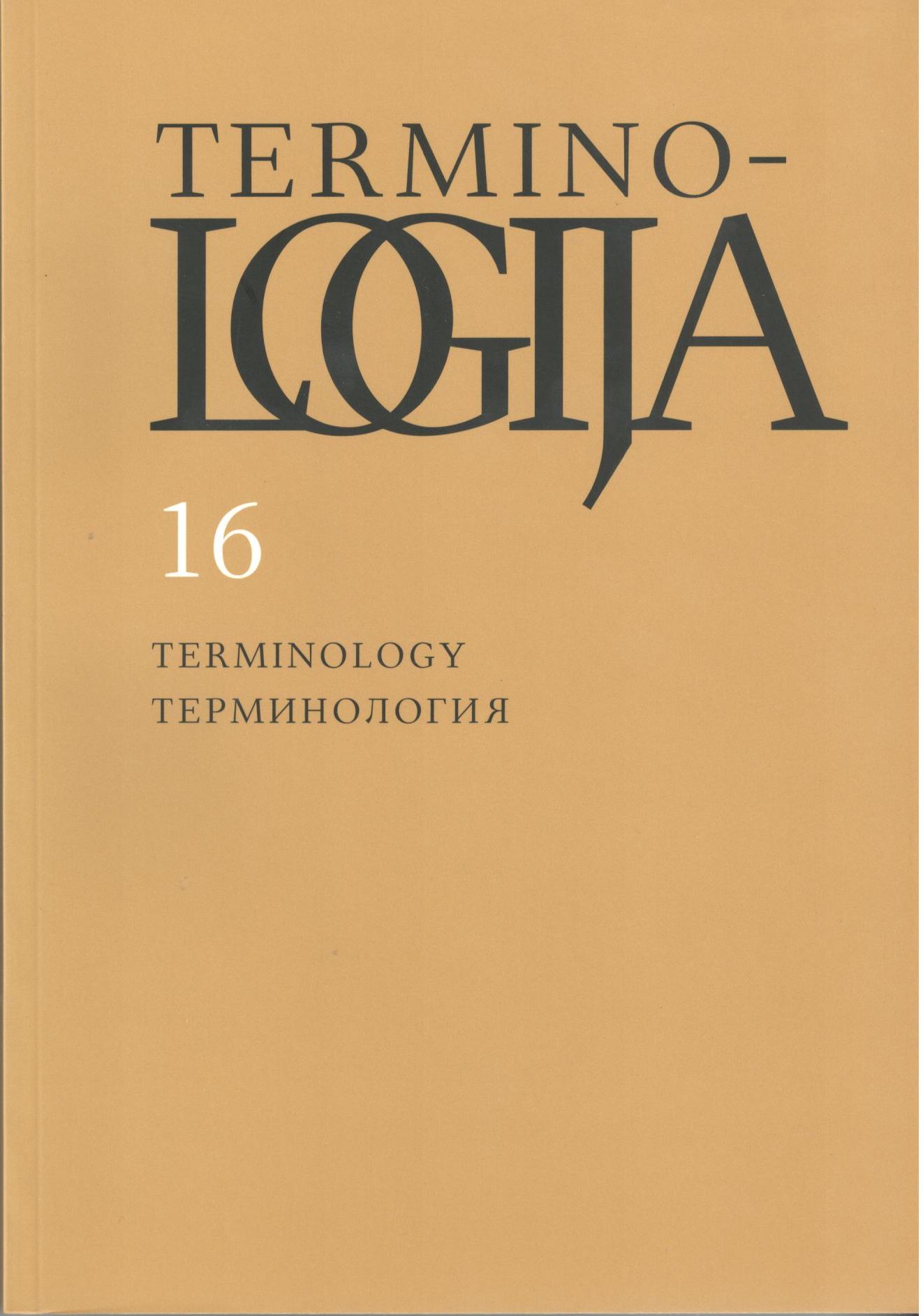Tautinės realijos: pavadinimai, terminai ir jų vartojimas
National realia: names, terms and their usage
Author(s): Regina KvašytėSubject(s): Language and Literature Studies, Lexis, Descriptive linguistics, Baltic Languages
Published by: Lietuvių Kalbos Institutas
Keywords: national realia; appellative nouns; lacuna; exotism; ethnographism; non-equivalent lexis;
Summary/Abstract: The object of this research is appellative nouns which reflect the peculiarities of life, traditions and environment of a certain nation. The aim of the article is to find a term which is the most appropriate for naming of such national realia. Some authors use the term lacuna when naming things which seem unusual to a representative of another culture and which require interpretation. Other authors relate them with equivalency. Since it is sometimes difficult to find equivalents in a language when the speakers of it are not familiar with a certain things or phenomena existing in another culture, the term non-equivalent lexis can be used. In linguistic literature other terms are also used, for example exotism and exotic vocabulary, though these are not suitable for closely related languages. The term ethnographism which names some national realia is not suitable for describing national historical events, national movements and other things the names of which belong to the specific national lexis. Moreover, ethnographisms first of all denote national realia which do not cause problems for native speakers when used in a text. It is more difficult with foreign cultural phenomena and translation of their names.A conclusion could be drawn that the most suitable term for the lexis referring to national realia is non-equivalent lexis. Is has to be admitted that this term may not always be applicable because it is necessary to find a certain equivalent while translating a text. The choice of the equivalent depends on many things, for example the affinity of the source language, the character of the text and the tradition and intention of the usage of a particular word.
Journal: Terminologija
- Issue Year: 2009
- Issue No: 16
- Page Range: 56-67
- Page Count: 12
- Language: Lithuanian

